East Devon VCSE support service
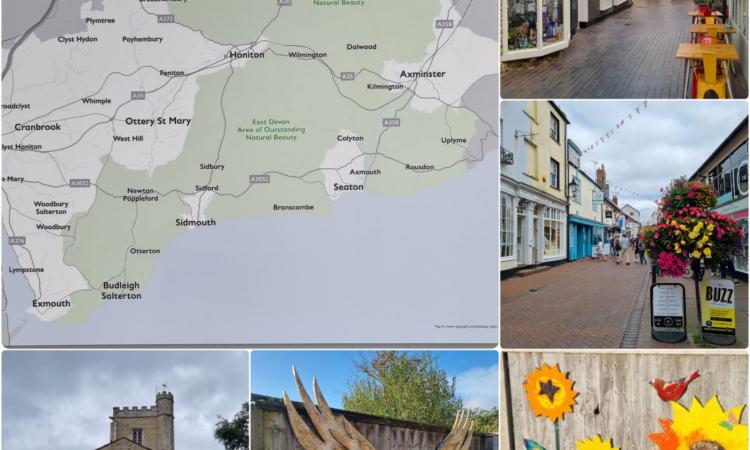
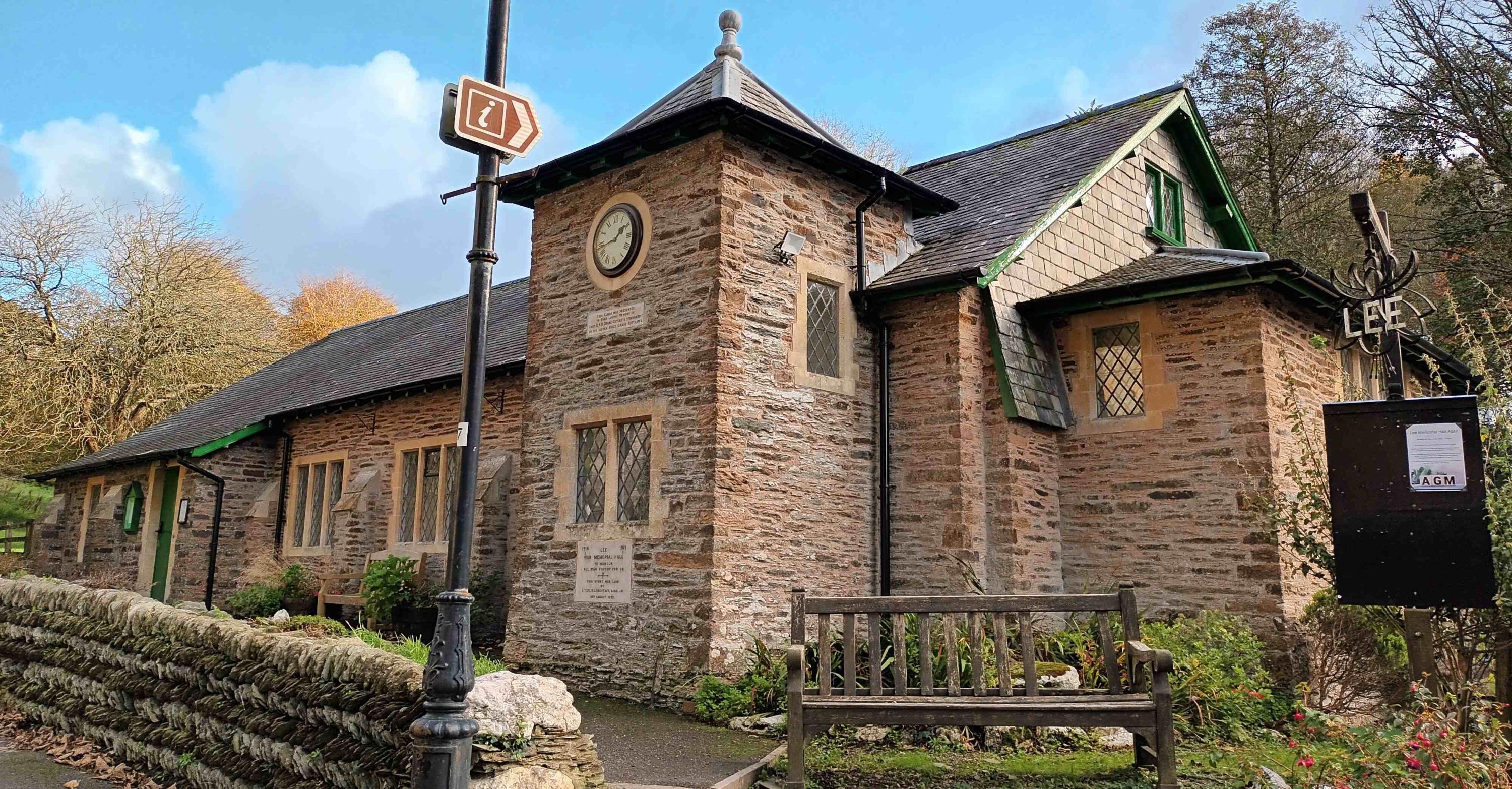
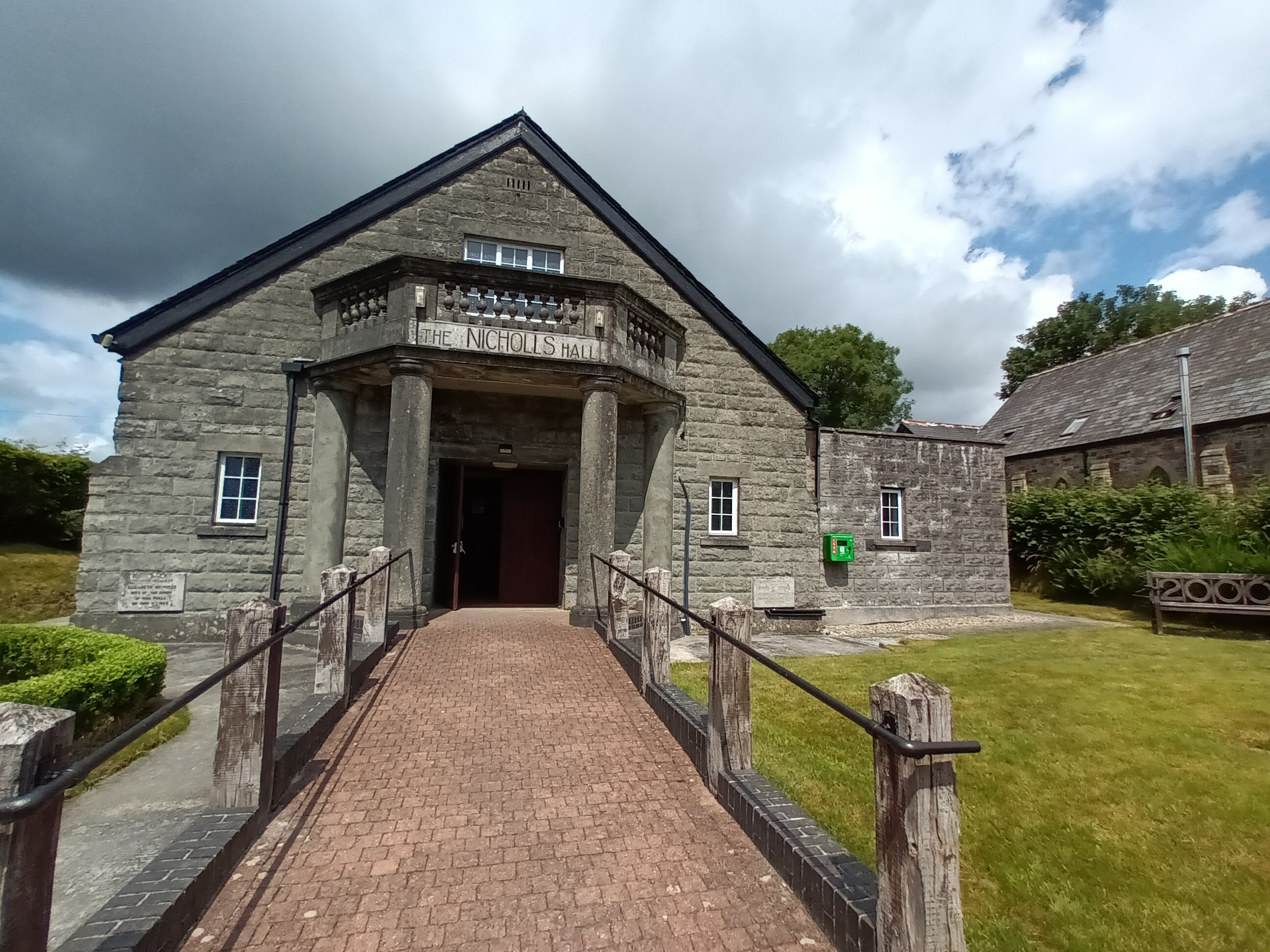
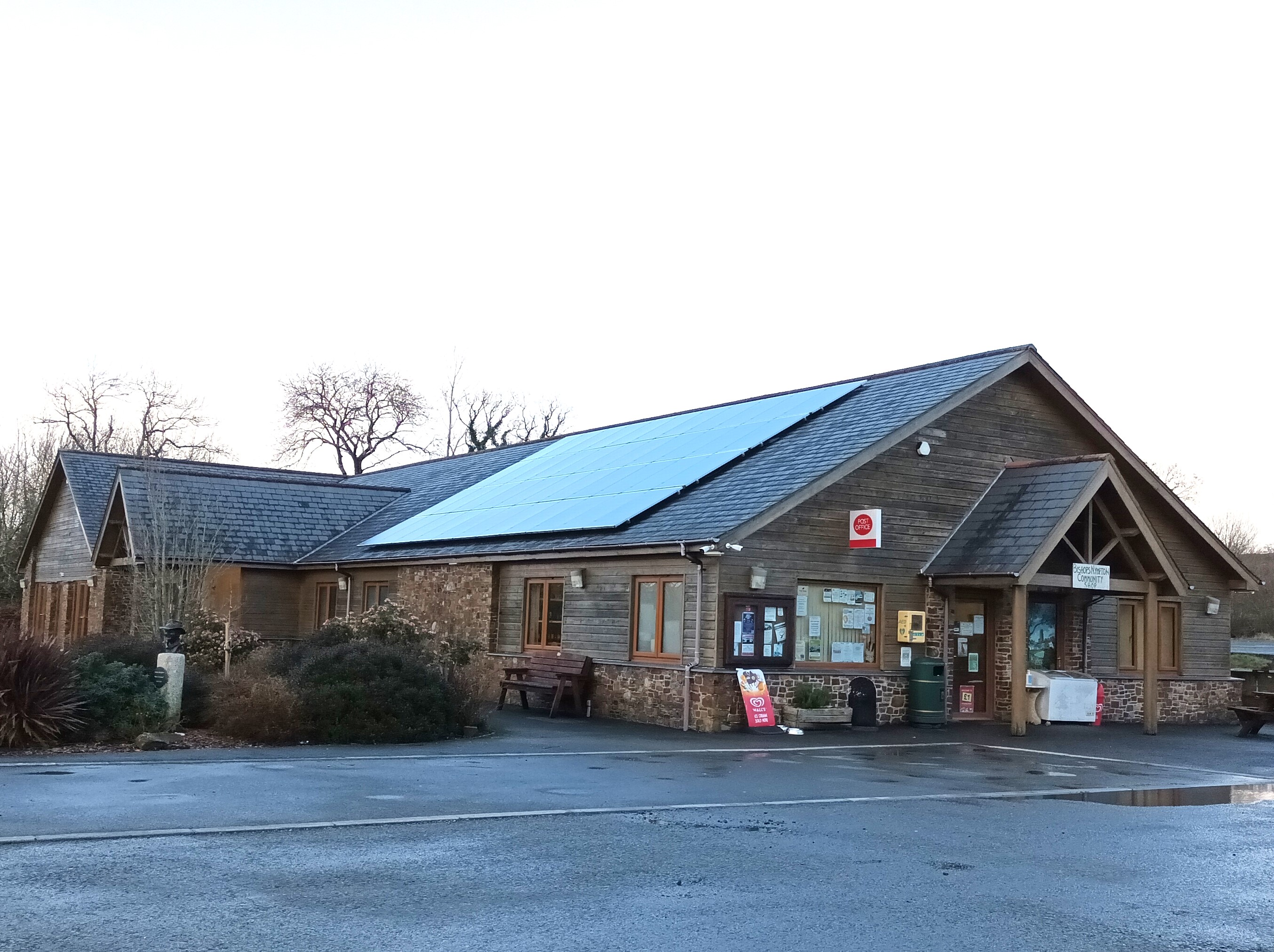
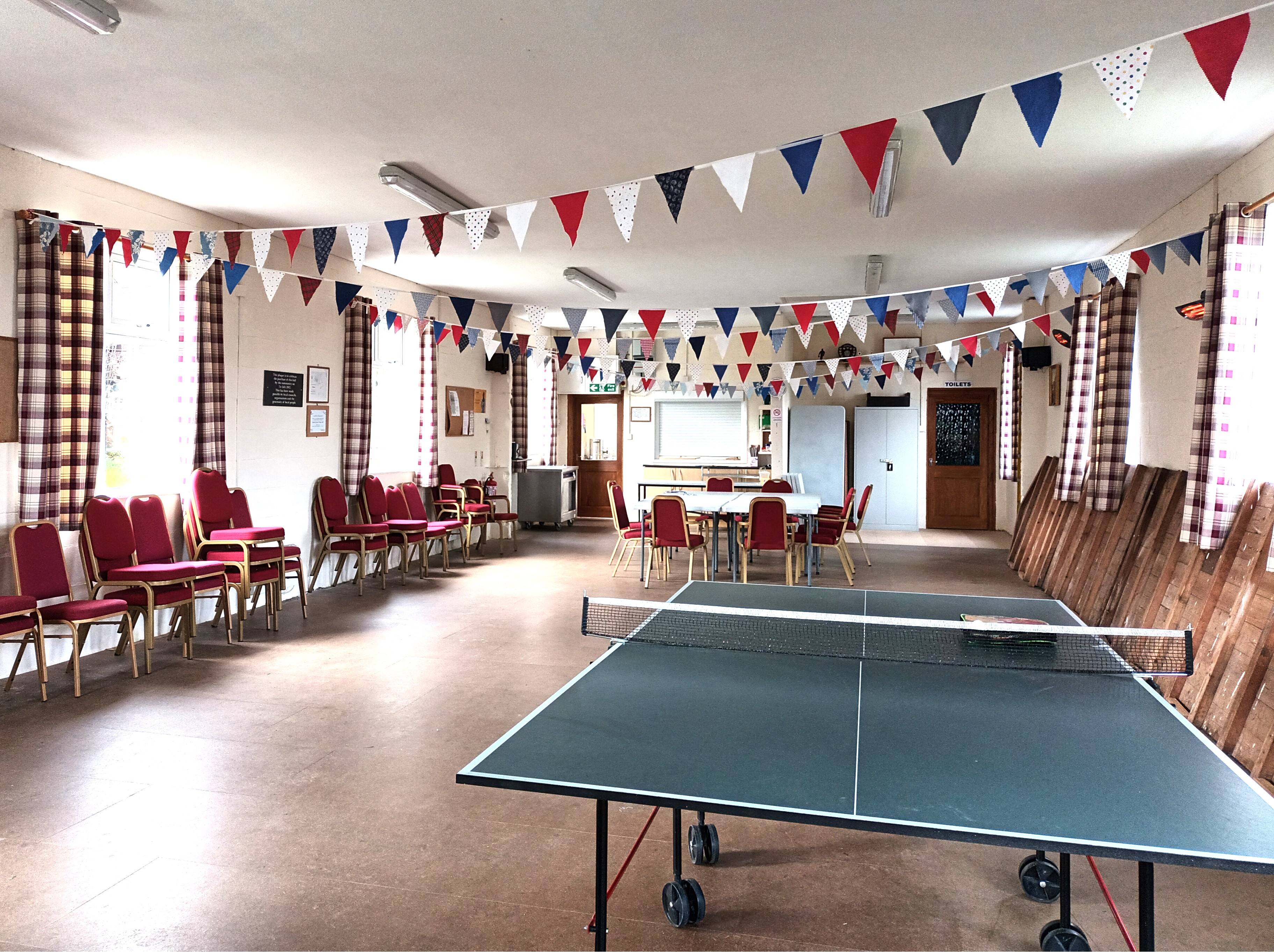
Since its foundation in 1961, Devon Communities Together has supported Devon’s village halls and community buildings in their aspiration to become welcoming, sustainable, and flourishing centres of their communities.
On this page, you will find information about support and services that can assist community buildings in working towards their short-term and long-term goals.
Devon Communities Together is part of the ACRE Network (Action with Communities in Rural England). Our team at Community Buildings Support are here to help.
Village halls are used for social, recreational, cultural, sporting, educational purposes and much more. They are run by volunteer trustees who are collectively responsible for making sure that the village halls are well used within the law, kept safe and secure and also reflect community aspirations.
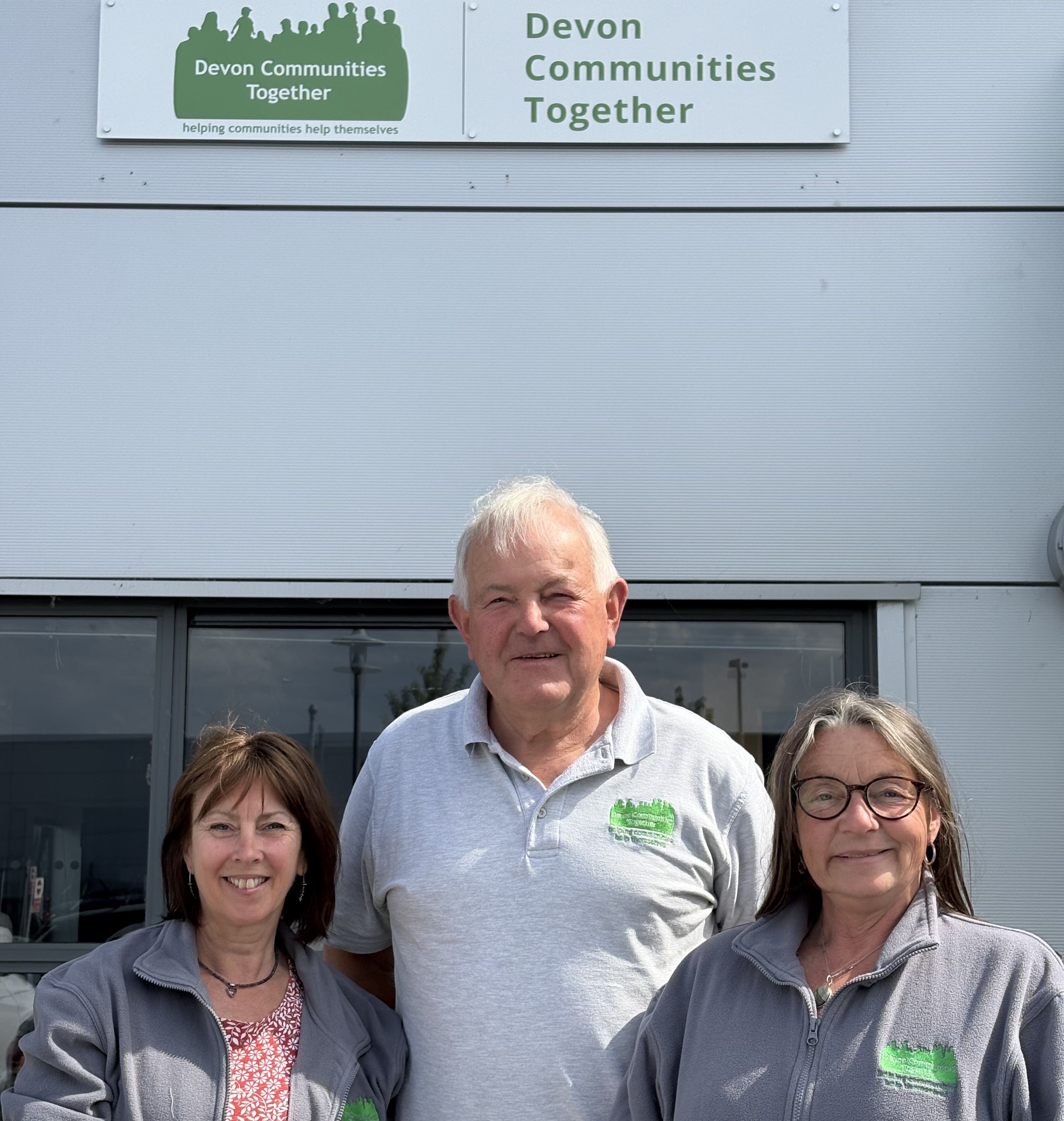
Here at Devon Communities Together we have a team of expert advisors who can support trustees and management committees, in provide training and advice on a whole range of issues connected with the successful running of a community building.
Whether you are looking for advice on model policies, guidance on governance, regular updates on funding opportunities, energy efficiency advice or discounted training our members get dedicated support.
Su Kaye (Community Buildings Support), Martin Rich (Community Buildings Advisor) and Julie Matthews (Community Buildings Project Manager)
"We would be completely lost without [DCT]. I can always pick up the phone and get support!” Booking Secretary, Northlew Village Hall
For the full range of support, become a member.
For advice and support, contact our Village Hall Advisers at: info@devoncommunities.org.uk / 01392 248919
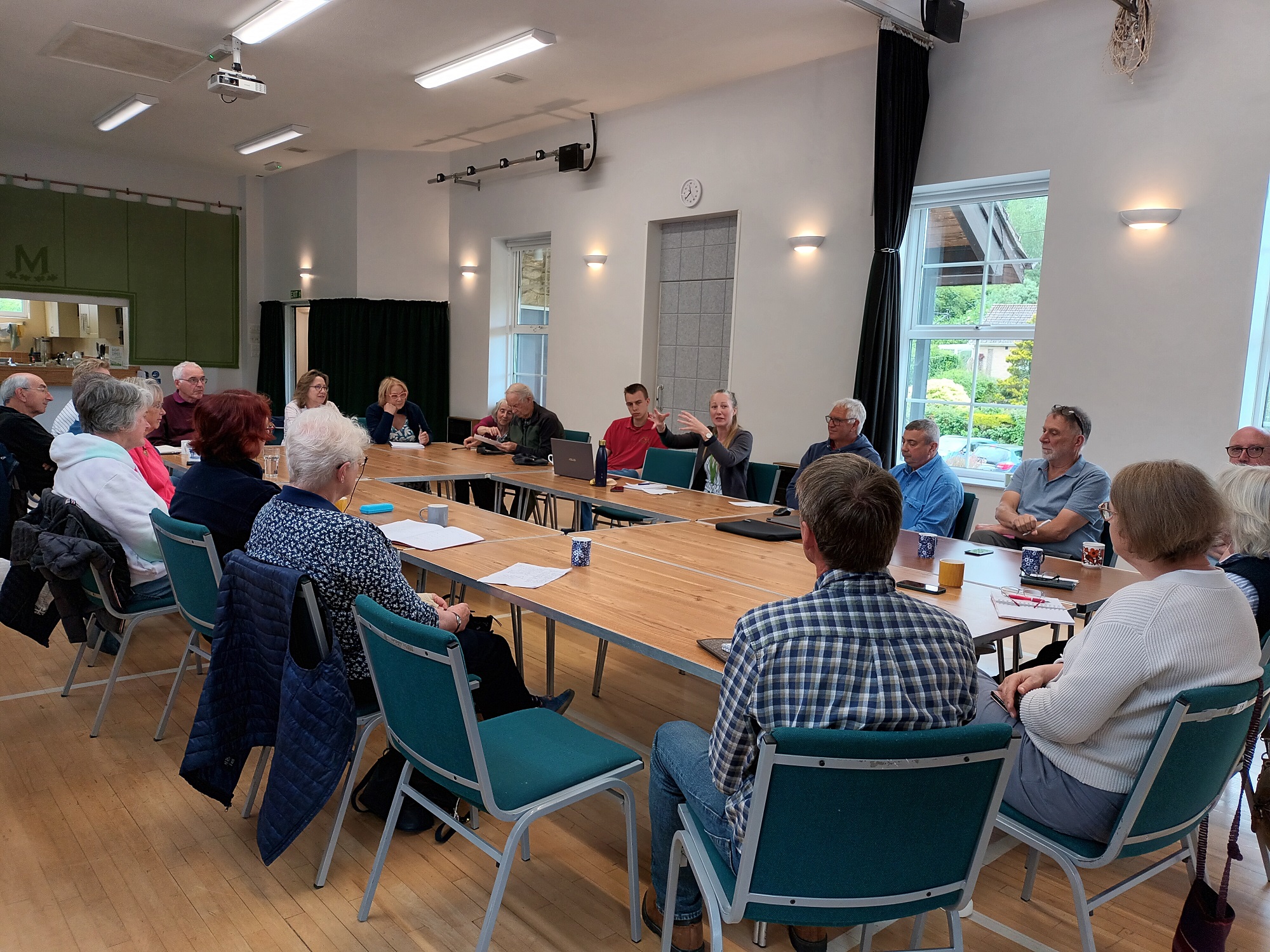
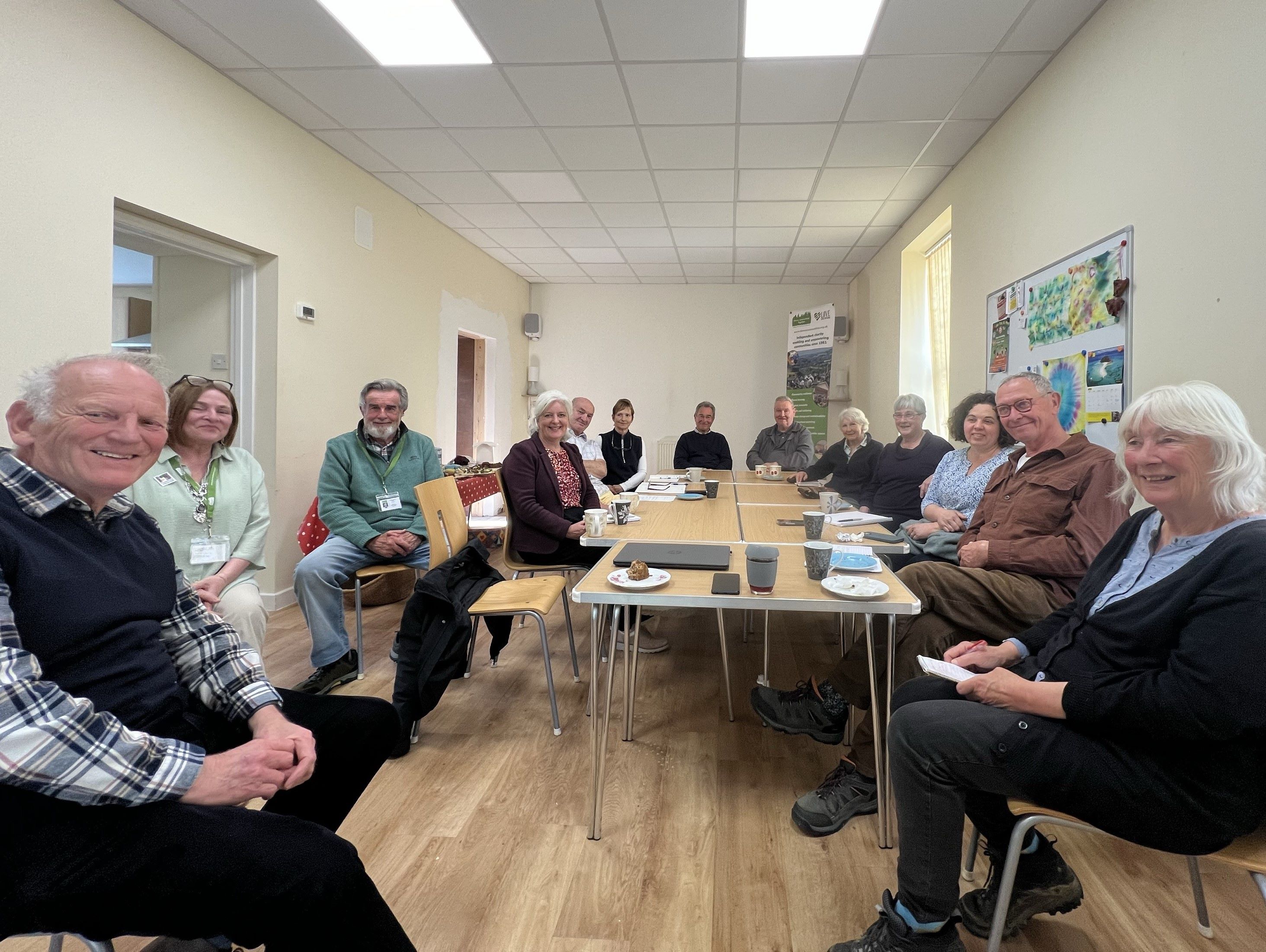
Join a meeting of halls in your area. The aim of these meetings, spread over the year, is for halls to share experience, get vital questions answered and gain ideas moving forward. Through a mixture of peer support, specialist input and training, they are spaces to develop support and knowledge. Currently there are active village hall groups in North Devon (Hallshare), South Hams, West Devon and East Devon.
We are keen to facilitate meetings in other areas so please express an interest by dropping us an email if you would like to be involved in an established or new group - info@devoncommunities.org.uk
Next meetings:
East Devon Village Hall Cluster - Tuesday 20th January 2026 10am - 12:30pm Awliscombe Parish Hall Click here to book
Hallshare (North Devon) April 2026 Filleigh Village Hall- Contact: David Ayre davidtayre@outlook.com
South Hams Village Hall Cluster - Wednesday 28th January 10am - 12pm East Allington Parish hall Click here to book
Teign Valley Village Hall Cluster - Monday 12th January 7pm - 9pm Hennock Village Hall Click here to book
Torridge Village Hall Cluster Meeting - Thursday 4th December 7pm - 9pm The Clinton Hall, Merton Click here to book
West Devon Village Hall Cluster - Thursday 8th January 2026 7pm - 9pm Sampford Courtenay Village Hall. Click here to book
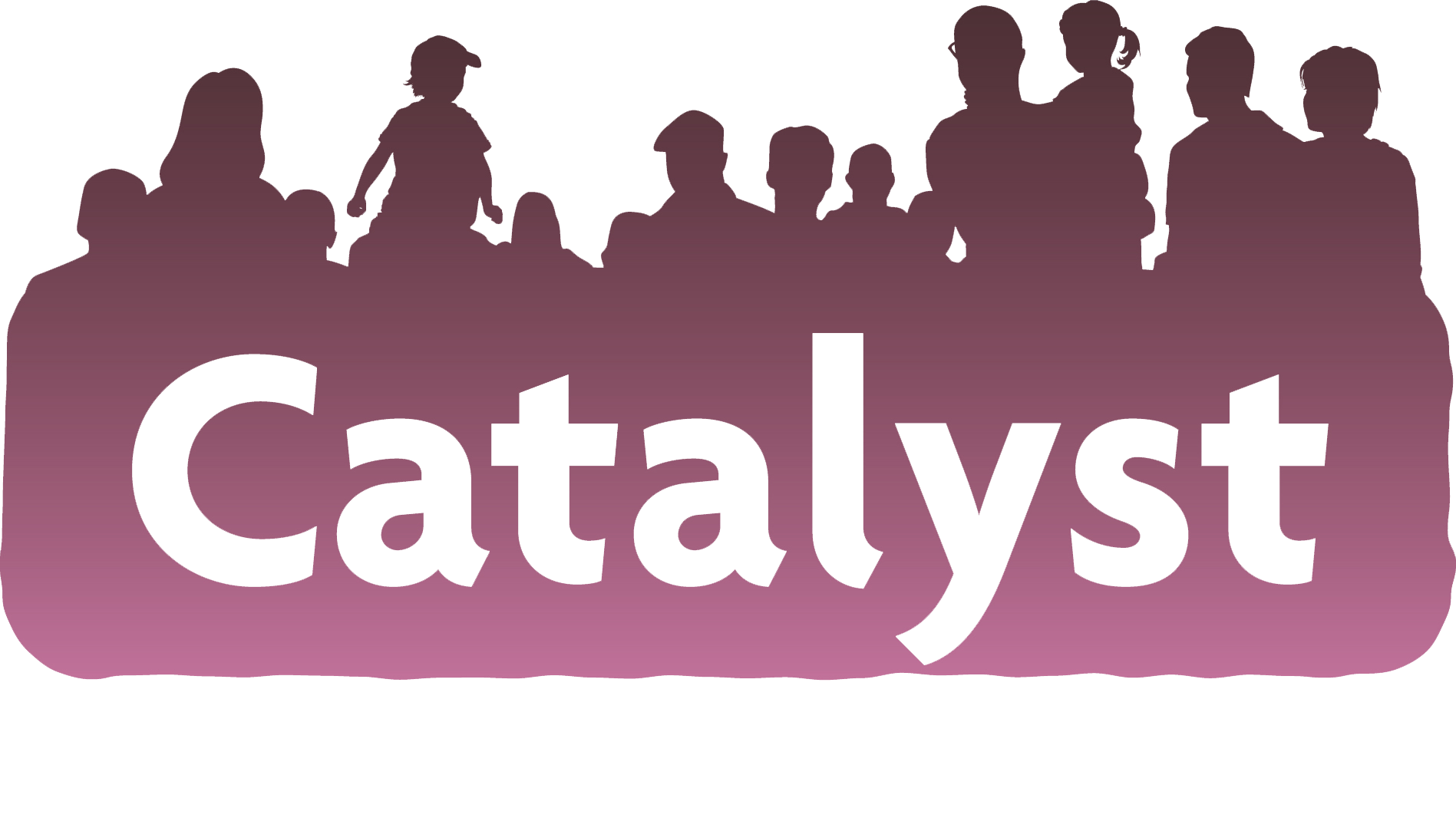 Catalyst Consultancy, from Devon Communities Together, supports businesses, local councils, social enterprises and community groups with a wide range of professional consultancy services. We draw on 60 years’ experience in rural and community development to help communities progress matters that are important to them. Our team comprises of a range of in-house experts and specialist registered associates, with qualifications and a track record that means we can provide you with the bespoke service you need. Click here to find out more about Catalyst
Catalyst Consultancy, from Devon Communities Together, supports businesses, local councils, social enterprises and community groups with a wide range of professional consultancy services. We draw on 60 years’ experience in rural and community development to help communities progress matters that are important to them. Our team comprises of a range of in-house experts and specialist registered associates, with qualifications and a track record that means we can provide you with the bespoke service you need. Click here to find out more about Catalyst
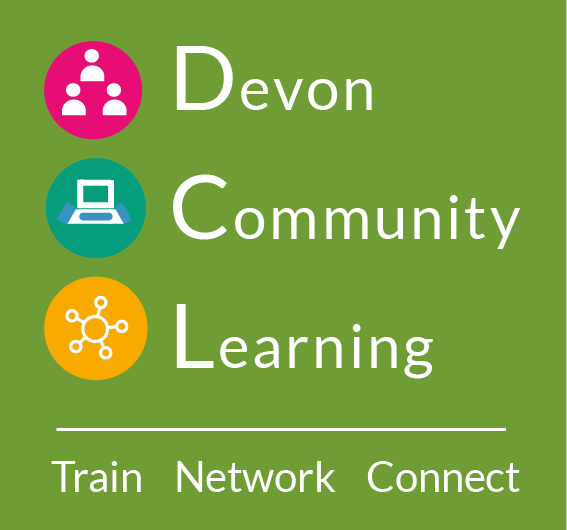
Devon Communities Together offers a range of training on topics designed to help village halls and community buildings. Whether it’s understanding the roles of trustees, how to write a business plan, extending the use of your hall or being grant funding ready, take a look at our current training and workshop programme.
click here for our current programme
For a topic you would like included or if you would like bespoke training, email us with your ideas and suggestions info@devoncommunities.org.uk

We are here to support VCSE organisations in East Devon to achieve their purpose, which includes village halls and community buildings.
You'll benefit from advice, support and training for the whole sector in areas such as governance, funding and volunteer support. Why not check out the training opportunities - they're all free as long as you are a VCSE organisation based in East Devon!
Click here for more information on support for East Devon VCSEs
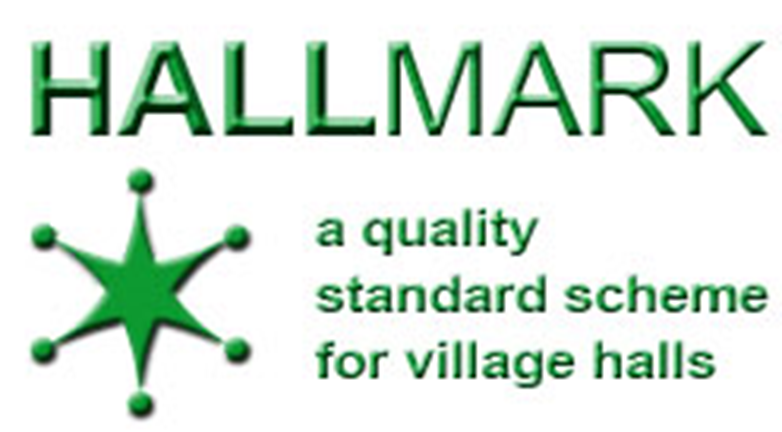
At Devon Communities Together, we’re excited to announce the revival of the Hallmark Quality Standard, a nationally recognized accreditation for village and community halls. This prestigious scheme, originally created by the Community Council of Somerset (CCS) and further developed and managed centrally by Action with Communities in Rural England (ACRE), supports halls in achieving excellence across essential management, safety, and community engagement standards. With three distinct levels, Hallmark provides a roadmap for improving and showcasing hall governance, safety, and social value.
Why Hallmark?
For village halls, Hallmark offers more than just a certificate. It establishes a trusted framework that ensures halls are not only “fit for purpose” but are also centres of community pride and confidence. With a Hallmark certification, hall committees can demonstrate their commitment to high standards—benefiting trustees, users, insurers, and funders alike.
Hallmark Levels
Each level builds on the previous, creating a comprehensive standard for managing these vital community assets. Certification is reviewed every three years. Levels are assessed sequentially, but two or more levels can be assessed at one visit. This will assist halls where two or three accreditations have lapsed.
Benefits of Hallmark Certification
Join the Hallmark Community
Hallmark assessments are undertaken by voluntary assessors who are experienced hall trustees, or who have related skills and have received training from Devon Communities Together.
Devon Communities Together provides training, support, and travel expenses for volunteer assessors to help halls achieve their certification. If you are interested in becoming a volunteer assessor, we would love to hear from you.
We are aiming to begin delivering Hallmark assessments in 2026, once we have recruited a sufficient number of assessors.
To join the scheme as an assessor or apply for certification, please contact us at info@devoncommunities.org.uk. Work with us, to support our village halls in reaching their highest potential through Hallmark!
As part of Devon Communities Together membership each member hall has its own page our website. This is a great opportunity to show case your community building, including information on your facilities and how to book.
Click here to view information about all our member halls
We have a dedicated page of useful information for village halls and community buildings. Including: